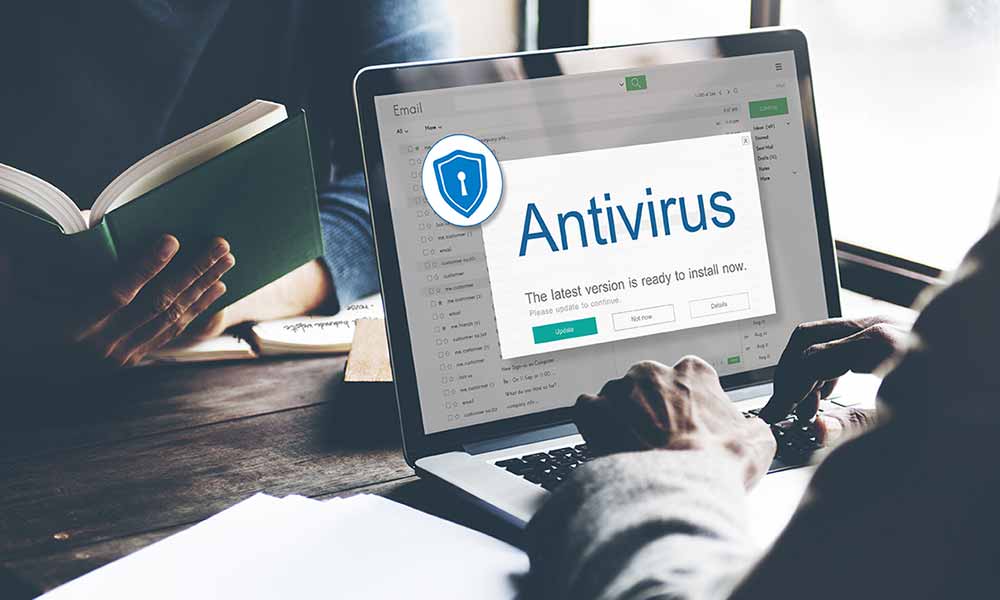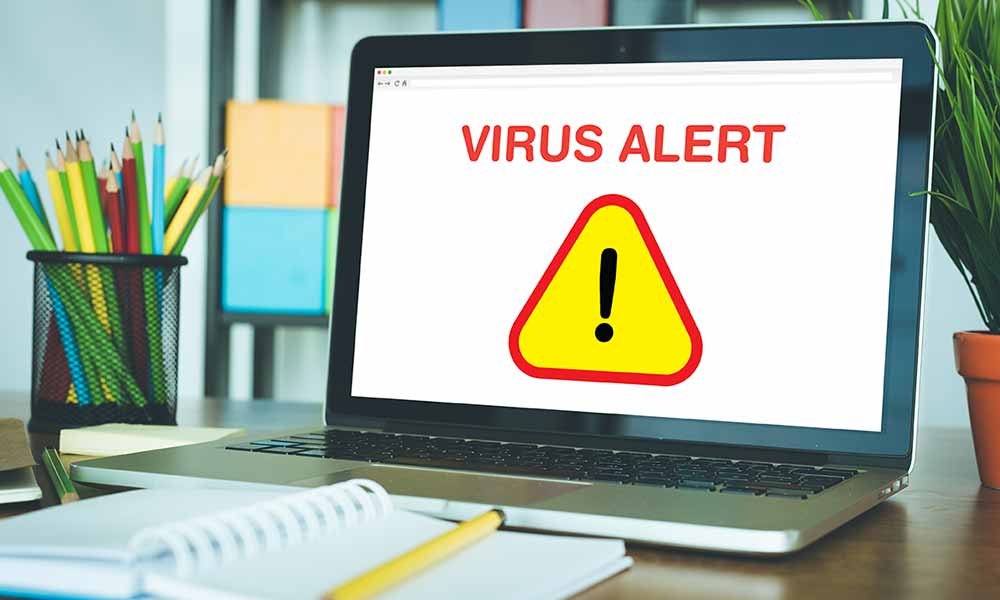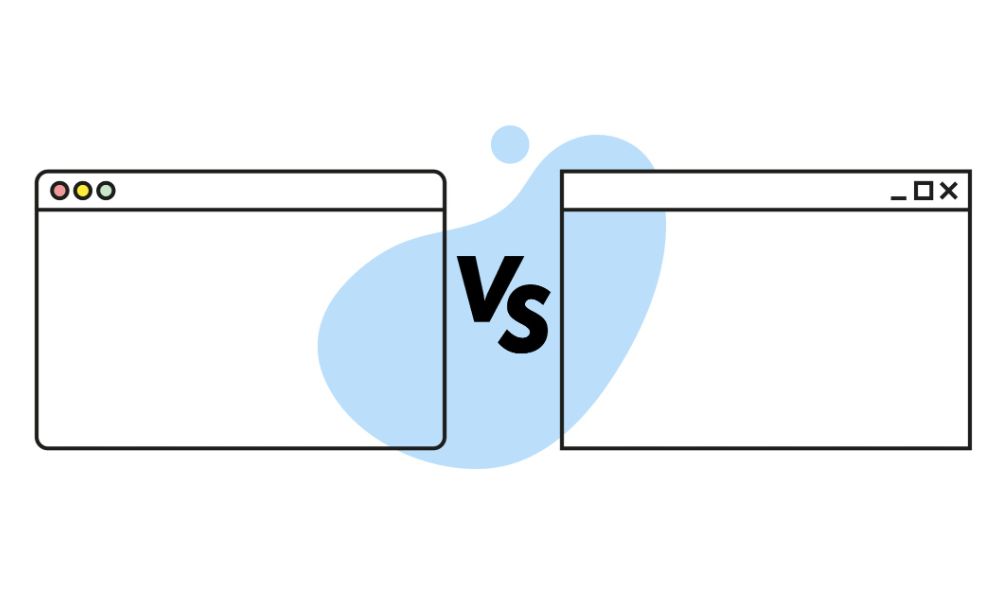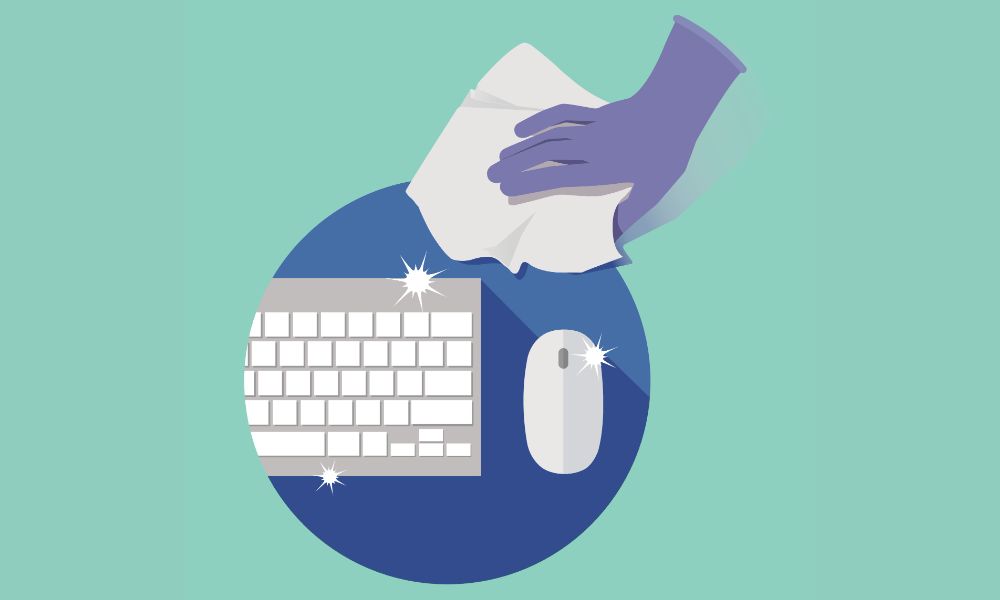Anti-Virus Applications. Are They All Created Equal?
It’s a good question and one that many of us don’t always have the time to consider. Basing our online security on little more than faith and hope, however, is not always the best option. Cyber-crime is one of the biggest growth industries of the tech-age and ensuring that your data, your computer and software stay safe should be a main priority. So, is all anti-virus software created equal and if not, what should you be demanding as standard as part of your anti-virus protection?

First Things First: Anti-virus Protection
Ok, yes this is a no-brainer. Your anti-virus should protect against computer viruses – the sort of things that leave your tech beeping and groaning like it’s got man-flu and blue-screening you into a quivering mass of frustration, anxiety and outright fury with all things more technologically advanced than the wheel. The virus protection part of your software generally works by scanning your computer for files that correspond with known viruses contained in virus databases.
These lists of viruses are continually updated and may be refreshed several times a day, meaning that as new viruses spread, they’re quickly identified and your software is alerted to them. Anti-virus software generally operates in two ways – ideally yours should do both. Regular scans are an essential part of your protection and your software should automatically run these. Additionally, real-time scans should be available, which scan for known viruses as you use your computer – either on or offline.

Belt and Braces – System Analysis
On occasion it’s possible that your computer has become infected by a virus which has not been identified by either a scheduled scan or during real-time scanning. This is rare and may only be a case of sheer bad luck in that a virus has found its way on to your computer before it has made it onto one of those databases. Other causes of infection can be due to using a copy of infected files – perhaps from a memory stick or unwittingly installing infected software. Generally, a virus will make your computer ‘act-up’ rather than just killing it outright.
System analysis via your anti-virus program helps to identify viruses that are present by highlighting problems with your computer’s internal processes. Where an issue is detected a scan will be initiated for viruses and the infected files will then be quarantined, deleted or isolated in some way. The system analysis function of your program is effectively the belt and braces approach to virus detection and removal.
Malware Protection
In the past malware and virus protection tended to be two separate functions and were not always contained in anti-virus software. Malware is software that has been installed on your computer – usually unwittingly or by third parties that contains harmful programs or those designed to access your data, passwords and allow scammers to do what they do best. Today, most anti-virus software will include malware protection as well – as scammers become increasingly sophisticated and malware follows suit this is an essential part of your online safety kit. Not all anti-virus software, however, does contain malware protection and so it’s essential to check this when choosing your anti-virus.
File Quarantining or Deletion?
Ensuring that infected files are quarantined quickly – as mentioned above – is crucial to both your online security and the health of your PC. Your anti-virus software should include this option as standard; file quarantining as opposed to deletion is generally preferable. In some cases, a file that may seem to be infected may not be. By quarantining the file your software is safeguarding your computer but the function means the file can be examined in more detail and any data it contains remains available.
If you are able to check the file for any issues yourself – and it proves to be clear – you can then restore it if required. Alternatively, the computer can be checked by a professional and important data recovered if necessary.
Finally – Online Security Matters
Particularly useful to the less-than tech-savvy – but by no means exclusively – is the option of online security protection. In addition to virus detection, this protection is designed to monitor for hacking, phishing and fraud risks. This feature is not always standard but is a very useful feature for those with less online or tech experience and can be essential in keeping you and your family safe online.









